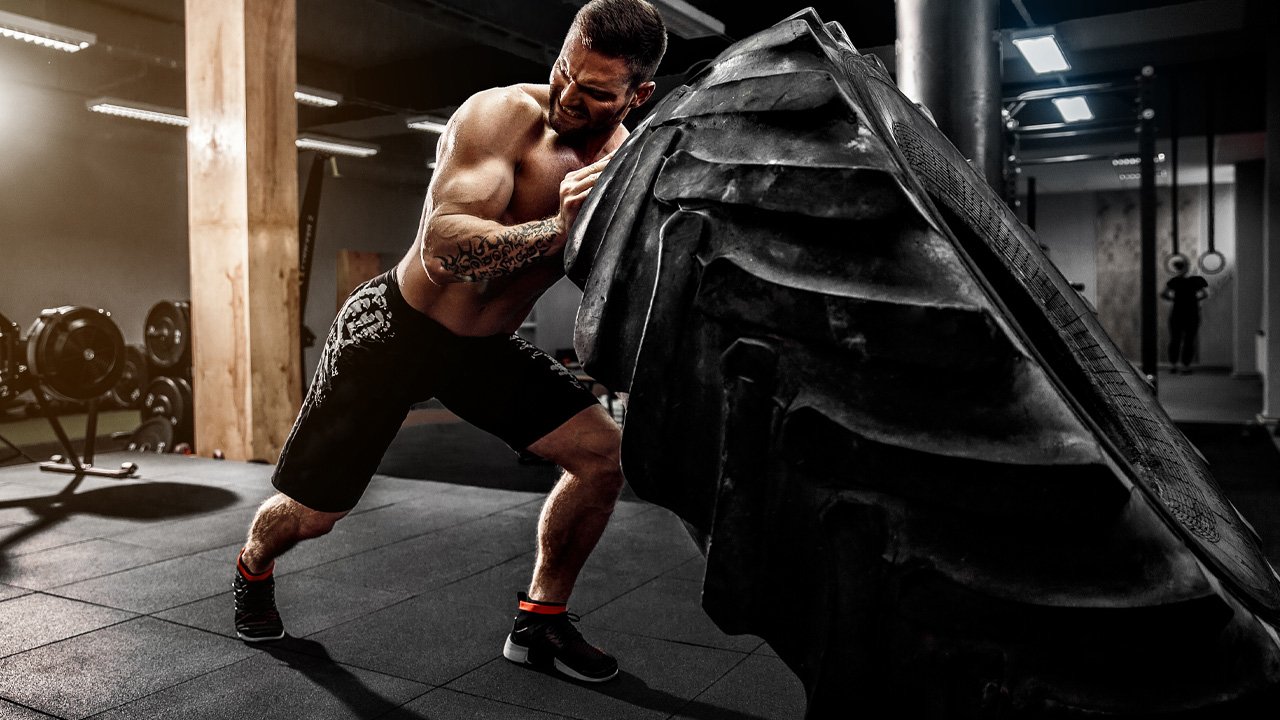Here’s Why Your Joints Crack and Pop During Workouts

Hey Angels and Alphas,
Snapping, cracking, popping… sometimes, for some of you, whether you’re male or female, fitness will make you feel like you have breakfast cereal in your joints. And while most of the popping and cracking is completely normal, there are a few factors that would make it worthwhile to learn more about the possible causes of this issue.
Let’s talk a little bit more in-depth about this issue and what the potential causes are…
HERE’S WHY JOINTS CRACKLE
According to leading orthopedic surgeons, joint cracking can be loud and include countless noises from grinding to snapping, all of which may get more pronounced as we get older because of the wear and tear on our cartilages. That’s all normal.
Not to mention, it can also occur when you have tight muscles that are rubbing or creating friction around the bone. Experts add that the “noisiest” joint usually tends to be that of the shoulder simply because it has the most moving parts.
Because your muscles and tendons tend to loosen up as you move around, you may start to notice your joints get louder when you start a workout, but usually get quieter as you keep exercising, especially if you’ve actually taken the time to do gentle warmup stretches as a warmup… which happens to be one of the best practices out there for improving joint health.
WHEN YOU MIGHT WANT TO GET CHECKED UP
Although hearing strange sounds in your joints is completely normal, especially as you get older, two things that aren’t part of this process are pain and swelling.
There should never be a sharp pain, aching, throbbing, or swelling, since that can indicate something such as inflammation, strains or sprains in the tendons, or even something like a hairline fracture.
Even if that pain is just low-level, nagging pain that easily subsides after working out, experts suggest you check it out to rule out options such as arthritis.
Typically, pain in a joint is due to an overuse injury, so it’s completely possible that your physician will just recommend a different approach to how you’re exercising. There are also countless therapies when it comes to managing pain, from icing and acupuncture all the way to anti-inflammatory diets. But the first step here is to see pain as the biggest red flag that should be investigated.
HOW TO MINIMIZE “NOISY” JOINTS
If you are facing symptoms that aren’t concerning, but you’re not thrilled to sound like a tin man who needs to get his oil changed, there are a couple of things you can do to ease the noise.
1. FOCUS ON LOSING WEIGHT
One of the best long-term strategies is to lose weight if you’re carrying extra. Being overweight can and usually will put more pressure on your joints, particularly the joints in your ankles, knees and hips.
2. EXERCISE CONSISTENTLY
Make sure you’re instantly stressing joints, though, particularly if you are facing any arthritis. That means you should focus on strengthening the muscles that surround the joints so they can support them more easily.
Experts also suggest activities such as weight training and swimming, even though running can be helpful if you tend to focus on increasing your distance gradually over time. Not only will this help with your knee issues, but it will also help prevent knee and hip arthritis.
3. FOCUS ON HYDRATION
Another tactic to minimize noisy joints is to increase your water intake.
He notes that your joints usually have thick, gel-like liquids inside them that supplies cushioning and lubrication. In order for the process to work properly, the joints must be getting the adequate hydration they need. Many people tend to drink liquids that are actually taking a lot of hydration out of the body and the joints. These include alcohol, coffee, and most soft drinks.
If you’re somewhat dehydrated, that natural joint cushioning will become less lubricated, which will lead to more cracking and popping. Experts suggest not only increasing your water intake but also spacing your intake gradually throughout the day, just like you would water a plant whose soil has dried up. Simply trying to flood your body with a bunch of water all at once will not be as effective as sipping on small amounts throughout the course of the day.





